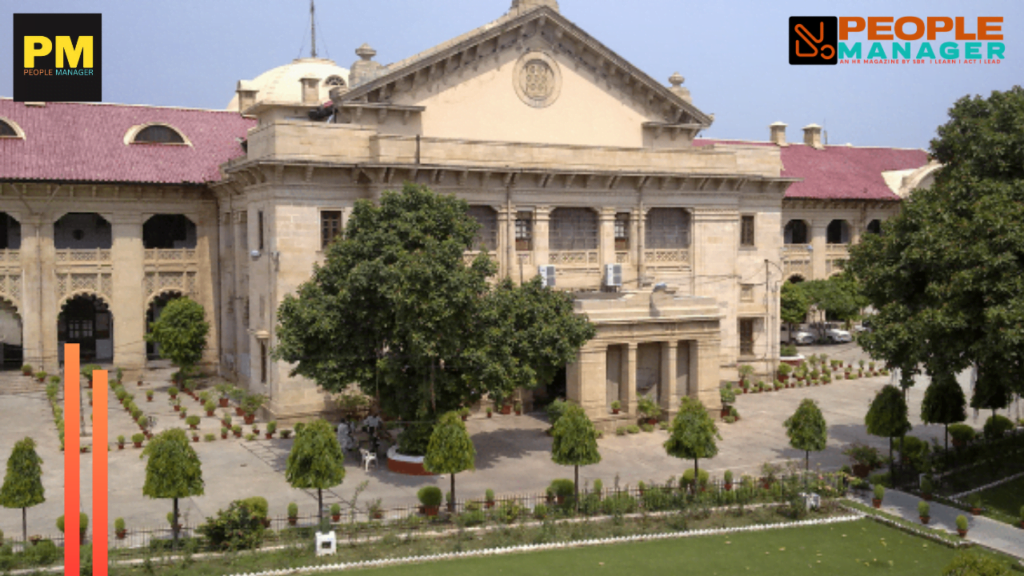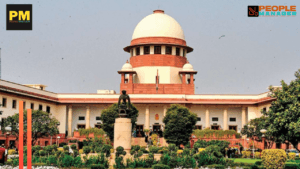The No Work, No Pay’ principle is not applicable for reinstated employees: Allahabad HC
The 'No Work, No Pay' premise is not applicable to restored employees: Allahabad HC The bench stressed that when employees are reinstated without additional investigation, they should get their full pay and allowances for the time they were not working.

The Allahabad High Court ruled in Dinesh Prasad v. State Of Up And 3 Others [WRIT – A No. – 5033 of 2024] that an employee who has been fully exonerated of the charges against him and is subsequently reinstated is entitled to full pay for the period he was out of service under Rule 54 of the Financial Hand Book Volume-II (Part II to IV). Rule 54 of the Financial Handbook Volume II (Parts II to IV) states that a fired employee who has been entirely exonerated of all accusations is entitled to full compensation for the period of dismissal once restored. It further states that such a term of dismissal shall be recognized as a period of service, on duty.
“A reading of Rules 54(2) and 54(4) shows that, in Uttar Pradesh, the principle ‘no work-no pay’ is not applicable while considering the entitlement of State Government employees for pay and allowances for the period they were not in service if the order dismissing, removing, or compulsory retiring them from service is set aside either in appeal or review and the government servant is reinstated in service and no further inquiry is proposed to be held.”
The judge, Justice Salil Kumar Rai, declared: “It is apparent that, on his reinstatement after the order of dismissal or removal is set aside, a government servant can not be denied his entire pay and allowances for the period he was out of service.”
The Court concluded that the amount awarded to such an employee will be determined by the nature of the exoneration from the allegations. It was determined that the only case in which such an employee’s pay can be refused is if he was employed during his absence and earned more or equal to the amount to which he is entitled.
The Court also ordered that when employees are reinstated without additional investigation, they should receive their full pay and allowances for the time they were not working. The exact amount is determined by whether Rule 54(2) or Rule 54(4) applies in their situation.
The case involves a UP Police Follower who was fired after taking an unauthorized leave and then refusing to return to duty, which harmed the police force’s reputation. Although reinstated by the deputy inspector general of police for the Gorakhpur region, the petitioner was first denied compensation for the period of dismissal under the “no work, no pay” principle.
However, the Court determined that the petitioner is entitled to full pay and benefits for the time he was out of work, because it should be considered duty for all purposes. The Court further noted that there was no indication that the petitioner worked elsewhere during that time.
As a result, the Court overturned the ruling denying his pay and ordered the superintendent of police to repay the petitioner with full pay and allowances, plus six percent yearly interest and the cost of the writ petition.
For more HR news and updates, visit our website at People Manager.co.in.
- FUJITRANS Corporation names Vinay Tanwar as Head – HR, India - January 16, 2026
- Duroflex Group Appoints Arkadeb Chakraborty as Chief HR Officer - January 16, 2026
- CEAT Limited Appoints Rahul Gama as SVP – Human Resources - January 16, 2026









